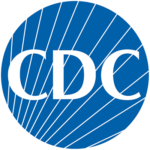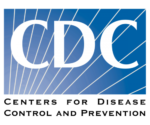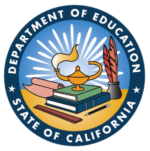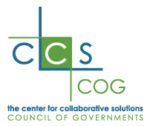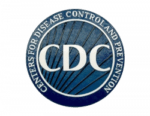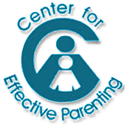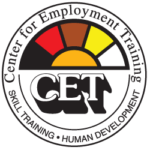Youth violence is a serious problem that can have lasting harmful effects on victims and their families, friends, and communities. The goal for youth violence prevention is to stop youth violence from happening in the first place.
Preventing youth violence requires addressing factors at all levels of the social ecology—the individual, relational, community, and societal levels.
CDC’s technical package, A Comprehensive Technical Package for the Prevention of Youth Violence and Associated Risk Behaviors, highlights strategies based on the best available evidence to help states and communities prevent or reduce youth violence. The strategies are intended to work in combination and reinforce each other. Strategies and their corresponding approaches are listed in the table below.
Learn more about preventing ACEs in your community by assuring safe, stable, nurturing relationships and environments with these resources from the CDC.
General information regarding the Expanded Learning Opportunities Program derived from Assembly Bill (AB) 130.
The Expanded Learning Opportunities Program (ELO-P) provides funding for afterschool and summer school enrichment programs for transitional kindergarten through sixth grade. Read about the Law, Funding Results, Program Plan, Audit Guide, Frequently Asked Questions & more resources.
The Scholastic Storyworks archives bring you some of our most beloved stories for Black History Month, from a powerful play about a kid who led a series of sit-down strikes to a gripping nonfiction article about the co-discoverer of the North Pole. We hope you enjoy sharing these Black stories with your students.
CCS specializes in Labor-Management Services and Afterschool Services. CCS has designed and implemented a Healthy Behaviors Initiative to assist in building exemplary practices in nutrition and physical fitness for out-of-school time programs.
Supports the use of contemplative and introspective practices in higher education to facilitate active learning and research environments to cultivate a meaningful experience and a more compassionate society.
The Centers for Disease Control and Prevention (CDC) is a federal agency that conducts and supports health promotion, prevention and preparedness activities in the United States, with the goal of improving overall public health.
CELL provides parents and teachers resources for teaching their children the importance of reading as well as tool kits to kickstart reading at an early age.
CED collaborates with a variety of eating disorder centers and organizations that promote education and awareness in the United States.
The Center for Effective Parenting positively impacts children by helping parents and those who work with parents enhance their knowledge, skills, and attitudes regarding parenting. The Center focuses on training, service, and research in order to have a broad impact in facilitating the healthy growth and development of children.
Provides resources for people with disabilities created by People with Disabilities related to self advocacy, goal setting and disability rights. Mainly for San Diego, CA area.
With over four decades of experience in job training, Center for Employment Training remains uniquely successful. CET provides hands on vocational skill training in a challenging, real world setting that puts students on the path to success.
The Center’s mission is to promote excellence in the field of school counseling and to assist school counselors, their site and central office administrators as they design, implement and evaluate their school counseling programs.
The Center for Family and Community Engagement (CFACE) is a public service and research center at North Carolina State University, founded in 2008. The Center fosters family-community-academic partnerships that are relevant and responsive to families and communities by supporting community engagement, offering training and technical assistance, and providing evaluation and research.
Aims to improve the reading achievement of America's youth by generating and disseminating theoretical, empirical, and practical solutions.
This organization conducts, collects, and funds research on the civic and political participation of young Americans. It is a great source for the latest statistics and trends on youth civic engagement topics.
The Centre for Justice & Reconciliation is a program of Prison Fellowship International. Its mission is to develop and promote restorative justice in criminal justice systems around the world.
All the materials found on the CPIR Hub have been created and archived for Parent Centers around the country to help them provide support and services to the families they serve.
The Center for Safe Schools Third Thursday online learning series is designed to provide up to date information about issues of school climate and school safety to educators and public.
CSCORE is dedicated to improving educational opportunities and outcomes for all children through identifying and developing research-based and effective school counseling practices.
